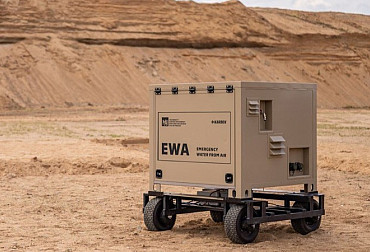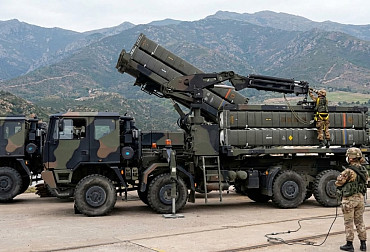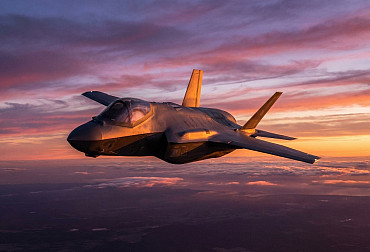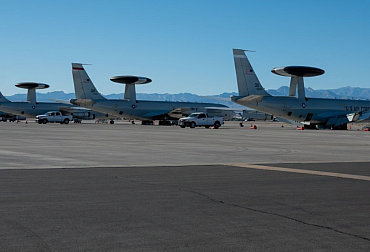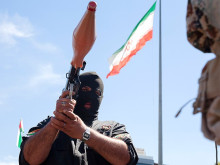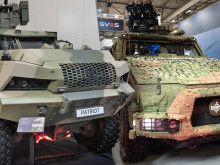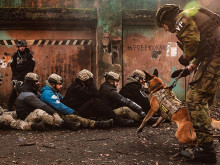Strategic autonomy or pragmatism? France's vision for supporting the European defense industry versus the reality in Central Europe
The European Union is on the verge of the biggest turning point in defense since the end of the Cold War. The threat of war with Russia has prompted member states to dramatically increase their military spending, raising the question of who will benefit from this huge influx of money. French President Emmanuel Macron is pushing for a concept of strategic autonomy, according to which Europe's defense industry should be as closed as possible to suppliers from the US, the UK, and South Korea. "This concept of sovereignty, which seven years ago might have seemed purely French, has gradually become European," Macron said, adding that "it is our duty to protect European companies from external competition."
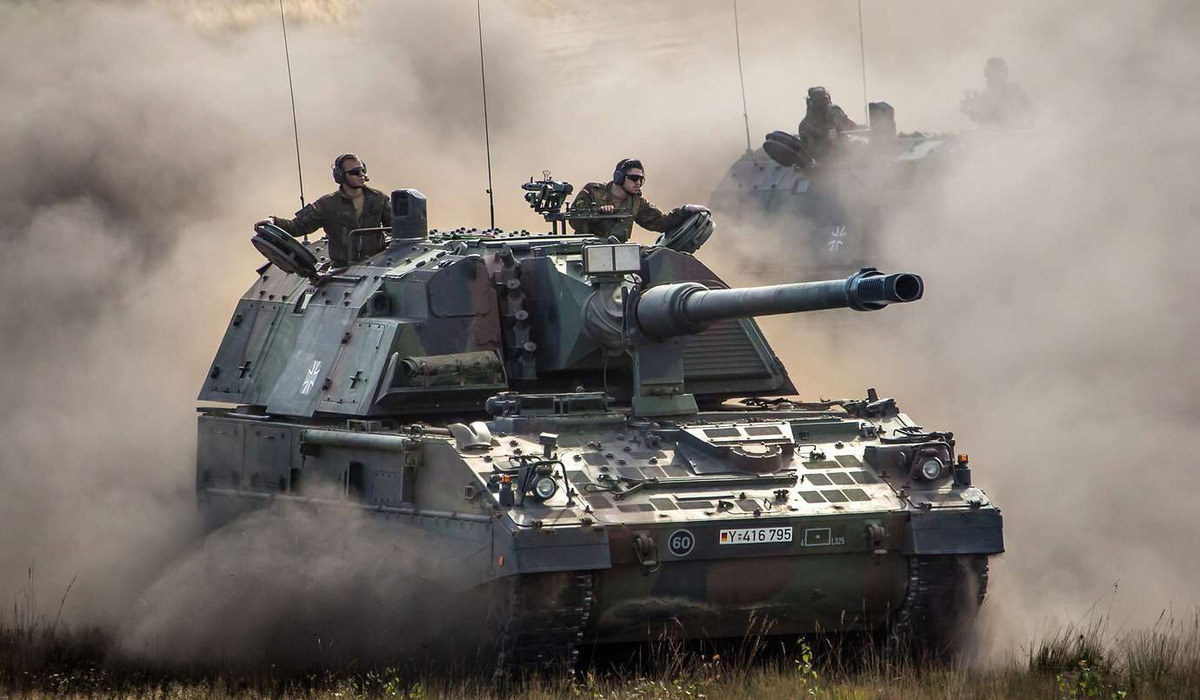
However, this is precisely where it encounters resistance from much of Europe. Central European countries, especially Poland, but also the Czech Republic and Romania, are willing to buy from anyone who can deliver the necessary weapons quickly and reliably. They do not care whether the manufacturer is from the EU, the US, or South Korea. In Poland's case, this is evident from its acquisition of South Korean K2 tanks and K9 howitzers. As one Brussels commentator aptly noted, "for countries on NATO's eastern border, reliability of supply is more important than French ideological notions of autarky." However, Paris insists that EU funds should not be used to finance arms purchases outside Europe, while Warsaw and Prague prefer pragmatism and diversification.
The economic dimension of this dispute is no less important. According to French Defense Minister Sébastien Lecornu, every euro invested in the military generates 1.5 euros in the national economy. "Our defense efforts are aimed at ensuring freedom and sovereignty. But they are also essential for our economy," Lecornu emphasized. The defense industry in France directly and indirectly employs more than 400,000 people and is one of the pillars of the French economy. At first glance, strategic autonomy looks like an economic argument, but in reality there is a good deal of politics behind it: to create a closed European market that will subsidize French companies and thus reduce high public debt.
The so-called "bomb-for-debt deal," i.e., the exchange of French nuclear protection for German financial resources, is supposed to work on a similar principle. According to recent reports, Paris is preparing to offer Berlin an extension of its nuclear deterrent in exchange for German approval of massive joint European debt for defense. Critics liken this agreement to trading security and fear that France's economic problems will spread to the entire EU.
History offers an interesting parallel. In 1990, Germany was reunified, but only at the cost of creating a single European currency. According to Foreign Policy magazine, this condition was accepted by then-Chancellor Helmut Kohl. Former French President François Mitterrand believed that "without a common currency, we will be subject to German (economic) will." The birth of the euro was thus the result of a Franco-German compromise: the political desire for German reunification was redeemed by economic integration, which was supposed to limit German economic dominance. Today, President Macron and Chancellor Friedrich Merz are considering a similar deal – this time, however, it is not about currency, but about security architecture. If it were to happen, it could be a major turning point in European integration, but also a source of future disputes.
Unlike in 1990, the situation today is more complex. France has a public debt of 114% of GDP (June 2025) and, according to projections, will exceed the crisis-hit Greece level by the end of the decade. Paris last reported a budget surplus in 1974, while the tax burden is now the highest in Europe. Former French Transport Minister Clément Beaune has ruled out "further tax increases" because they are already "too high." Therefore, the only way forward for Macron is European joint debt, which will spread France's financial problems across the entire community.
However, Central Europe is watching these efforts with growing mistrust. Former Polish President Andrzej Duda has openly opposed Paris' plans: "Our security must not be held hostage to French debts." Czech Defense Minister Jana Černochová has emphasized the need for access to the latest technology from reliable partners, whether the United States, South Korea, or domestic industry. These positions reflect the region's historical experience: in an environment of imminent threat from Russian aggression, speed and reliability are prioritized over ideological projects.
The differences are not limited to the question of suppliers. While Macron sees European defense as a way to strengthen French influence, Central Europe sees the need to maintain strong transatlantic ties. NATO Secretary General Mark Rutte stressed that "trade disputes must not interfere with defense cooperation" and pointed out that without the US, Europe is unable to ensure its own defense and sufficient production capacity. Political analyst Alexandr Burilkov added: "You can print as many euros as you want. But you can't print tanks, planes, and missiles."
It is precisely this technical reality that highlights the weakness of France's position. Although Paris is capable of producing top-of-the-range Rafale fighter jets and submarines, it cannot meet the demand for ground systems and ammunition. According to Foreign Policy, a quarter of the Eurofighter is made up of American components, and the Swedish Gripen is almost 40% American. In the field of strategic air defense, the only alternative to the American Patriot system is the French SAMP/T, which, however, is not available in the required quantities.
The whole debate on European defense thus reflects an old dilemma: whether the continent will build on pragmatic openness and diversification or on Paris's idea of protectionism and centralization. The French model offers short-term support for the domestic economy, but risks slowing down and increasing the cost of the armament process due to a lack of production capacity. The Central European model brings faster fulfillment of real needs, but does less to strengthen the European industrial base.
From the Czech perspective, it will be necessary to strike a balance. Prague is interested in maintaining transatlantic ties and modernizing its military through acquisitions such as American F-35 aircraft, but at the same time it wants to develop domestic and European industry. The Czech Republic can thus act as a bridge between the two poles—between the French vision and Central European pragmatism. However, it should be remembered that every such "big deal" (previously the euro for German reunification, now the "bomb-for-debt deal") has long-term consequences.
The euro has become a symbol of incomplete and unstable integration, which has brought crises and deep economic inequalities. The European defense architecture, based on a Franco-German compromise, is threatened by similar half-heartedness and ineffectiveness.
If Europe really wants to strengthen its security, it must avoid repeating the mistakes of the past. In the field of defense, pragmatic thinking and realism will be needed in the coming years, not ideological projects. Central Europe understands this very well: it buys where it gets the best value for money and speed of delivery. France, on the other hand, by protecting its national industry, risks weakening the entire continent's ability to defend itself. And that is a luxury that Europe cannot afford in the shadow of Russian aggression.











